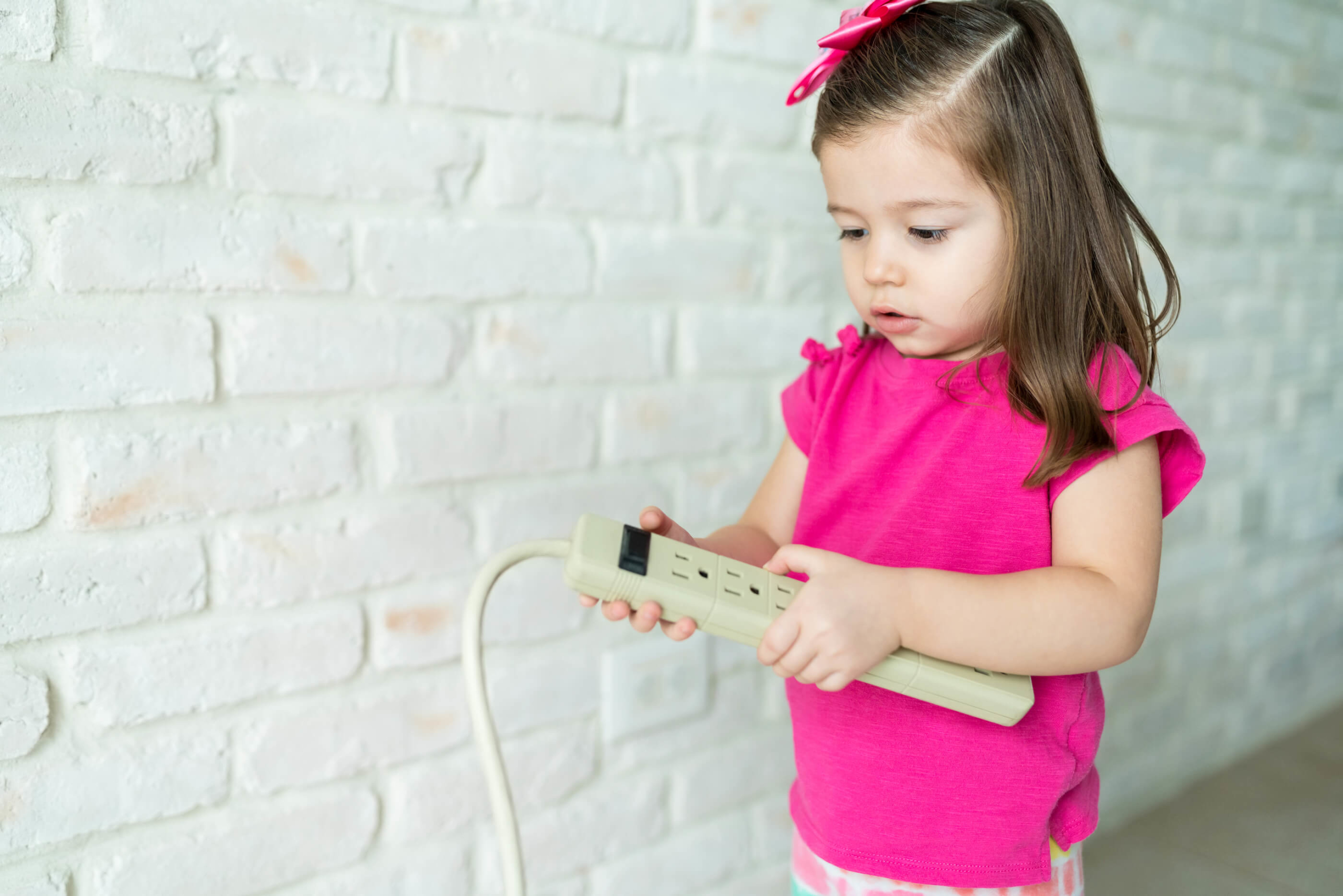Holiday Hazard: Extension Cord Safety Tips

According to statistics from Electrical Safety Foundation International (ESFI), about 4,000 injuries per year occur due to the misuse of extension cords, while 3,300 home fires annually can be attributed to them.
About 50 people are killed and 270 injured as a result. Half of all injuries from cords involve tripping over them, leading to fractures, lacerations, and contusions as well as sprains that often lead to hospitalizations.
The hazards associated with electrical devices such as extension cords result from misuse and overloads. These situations can lead to electric shock and damage to sockets, devices, and appliances. You can protect yourself and your family by following the safety tips below:
Extension Cord Safety Tips
Only use an extension cord as a temporary solution; it should never be used to permanently wire electrical devices in your home. Other tips to avoid a potentially dangerous situation include:
- Use cords rated for their use: The label should indicate whether it is rated for indoor or outdoor use (an outdoor cord has a thicker width and weatherproof lining).
- Don’t overload the cord: To determine the exact electrical load on the cord you’re using, check its gauge load and then calculate the total current load by adding up the power demands from each device that’s plugged in.
- Inspect each cord before use: Look for damage such as cracked, frayed, or bare wires, damaged sockets, or loose connections that can lead to shocks. If a cord is hot, don’t use it.
- Be careful where you run extension cords: Do not run them through walls or ceilings, because confined spaces can cause overheating that can create fire hazards.
- Avoid pinching: Do not pinch a cord between a door or window, or under heavy furniture, and never staple one to a wall or baseboard, which can damage the insulation.
- Keep cords away from high-traffic areas: Cords left to run through doorways or across walking areas can cause unsuspecting individuals to trip over them.
- Don’t use an extension cord with a high-power appliance: Never connect one to a refrigerator, microwave, ice maker, hair dryer, air conditioner, toaster, washer/dryer, garbage disposal, coffee/tea maker, or space heater.
- Be careful where you plug it in: All prongs must be fully inserted into outlets; leaving any exposed can be dangerous. Use only a three-prong cord.
- Take extra care during the holidays: Never hang a cord from a metal tree and clean out your gutters before hanging string lights; also, make sure it has a certification by UL, CSA, ETL, or other recognized testing laboratory.
Choosing the Right Extension Cord
If at all possible, avoid using extension cords. But if you find the need to, check the total amps and how much power the cord can handle. Make sure the total electrical load doesn’t exceed the cord’s capacity. If you do your research, you can find a cord or power strip that is the safest to use temporarily, such as during the holidays.
Have a Safe Holiday Season!
Express Electrical Services can help improve home and workplace safety. If there aren’t enough outlets, allow a professional electrician to install new ones; we can also install a ground fault circuit interrupter or whole house surge protection that can protect against shocks, burns, and other hazards. We also offer 24/7 electrical services such as automation, installation, remodeling, repairs, re-wiring, lighting, home safety, and more. Call us at 855-976-9049 to learn how we can help you.









Robert Hogward says: